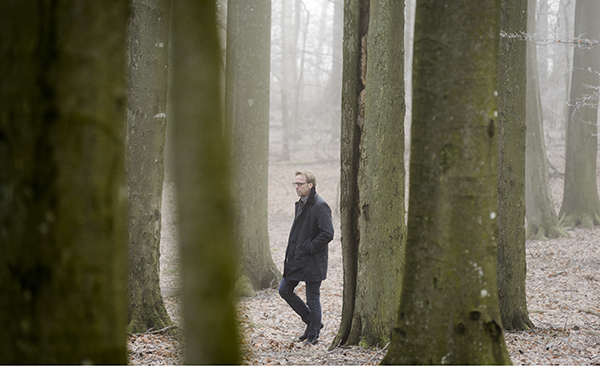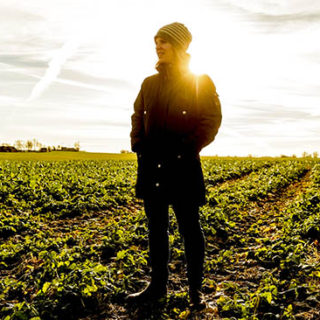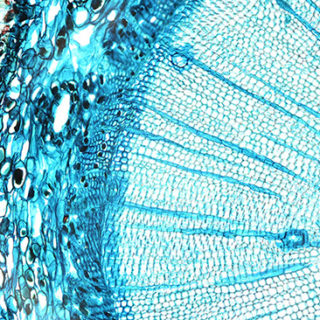Why have a circular bio-based economy?
Column by Pål Börjesson, Professor of Environmental and Energy Systems
As we all know, throughout human history we have lived off renewable resources until little more than a century ago when we began using fossil fuels, such as coal and later oil, at an increasingly rapid speed. We are now starting to fully grasp the negative impact of this development and that radical changes are needed, which was demonstrated not least by the climate agreement in Paris in December 2015. Hopefully, in the future, we will look back on this fossil-based period as a mere speck of human history.
The transition that we are currently facing is largely based on two overall strategies: substitution and streamlining. In other words, we need to replace fossil energy and fossil raw materials with renewable resources and use them with optimal efficiency to meet our needs. A circular economy is about drastically streamlining and decreasing our use of resources. A bio-based economy is about producing and utilising biomass in a long-term, sustainable way and refining this process through environmentally friendly and efficient methods. By combining these strategies into a circular bio-based economy, we can accelerate this transition.
TO SOME EXTENT, Sweden already has a bio-based economy, as well as a unique opportunity to multiply this thanks to our vast biomass resources from agriculture and forestry, a well-developed infrastructure, proactive companies and, not least, our research and knowledge in the field. There is a good balance between a potentially increased long-term sustainable supply of biomass and a market for it within different sectors. The biggest market involves using biomass for energy purposes within the transport and industry sector, and as raw material for new bio-based products (in addition to traditional forestry production) in the chemical and petrochemical sector. In this area, the long-term perspective applied in ongoing research at Lund University is of great importance. However, to minimise the risk of competition for raw materials and the use of non-sustainable production systems, significant streamlining and electrification must take place simultaneously within all sectors in order to limit the need for biomass.

ACCELERATING THE EXPANSION of a circular bio-based economy requires a combination of powerful control instruments, both nationally and internationally, more proactive companies, and more responsible consumers. For the last couple of decades, we have reduced our domestic greenhouse gas emissions by approximately 30 per cent, while maintaining strong economic growth, which is unique from an international perspective. Unfortunately, the situation is quite different if we also include the emissions that we have exported to other countries as a result of our increased consumption, as these emissions have increased by almost 50 per cent. This clearly demonstrates the need for a third approach if we are to achieve the emissions targets: we must change our behaviour and change our consumption. The realisation that we all have a responsibility and that we cannot simply leave it to the politicians is increasing, but slowly. This too calls for faster change.
RESEARCH CONCERNING behavioural change and consumption is therefore as important as technical and scientific research in a circular bio-based economy, and Lund University conducts excellent research in this field as well. To sum up, internationally speaking, Sweden has a leg up on the development of a circular bio-based economy and, in comparison with many other countries, a tremendous potential to expand this development. Research will continue to play a central role and increasingly from an interdisciplinary perspective where technology, economics, science, social sciences and humanities work together in new ways. Therefore, Lund University, with its great range, will become an increasingly important key player in our new economy.
Facts
-
Research at Lund University on Circular biobased economy
-
Forskning kring plast för ett hållbart samhälle – MISTRA: (in Swedish)
Samarbeten för nya biobaserade produkter och processer – LUBIRC: (in Swedish)





